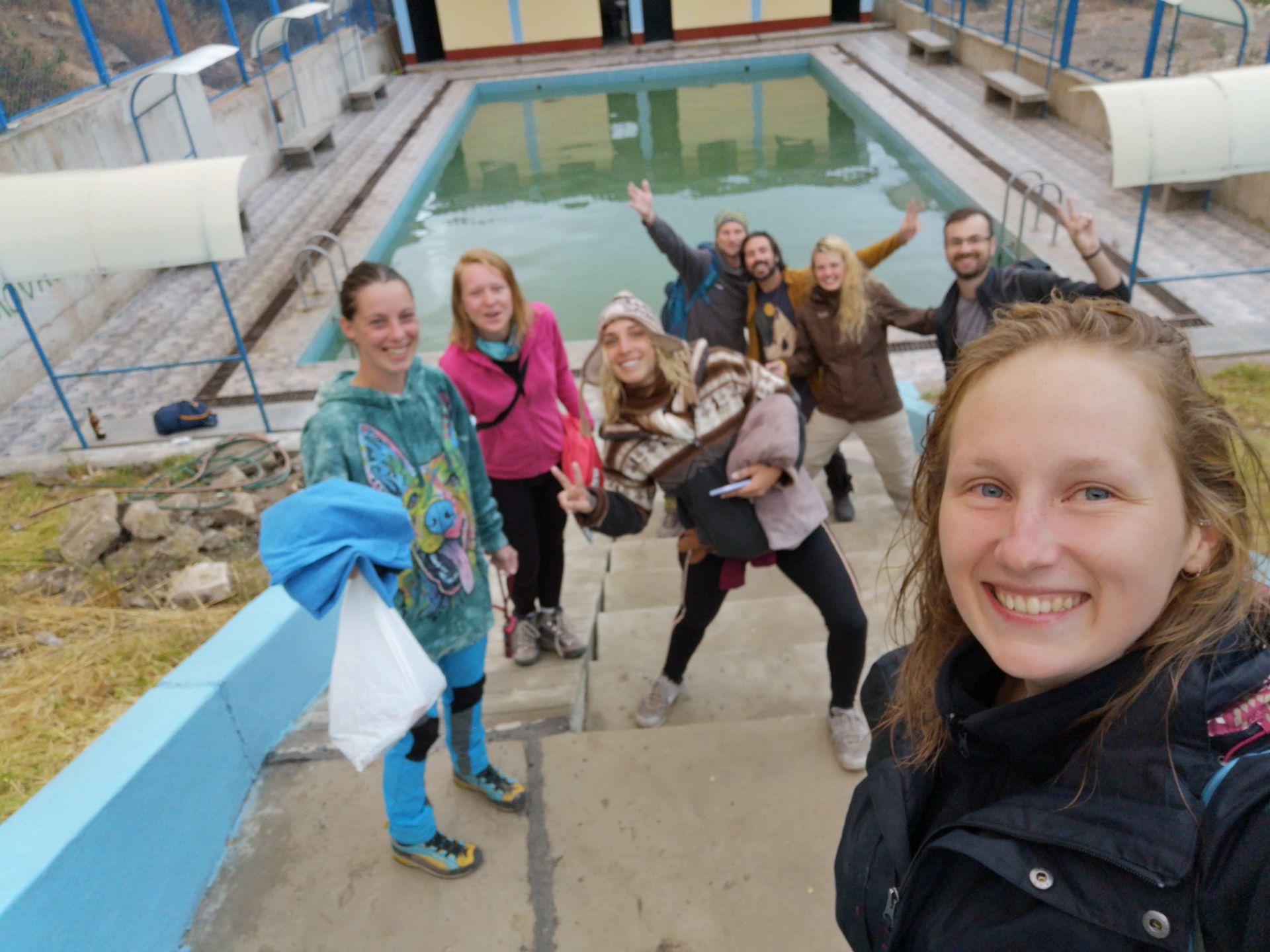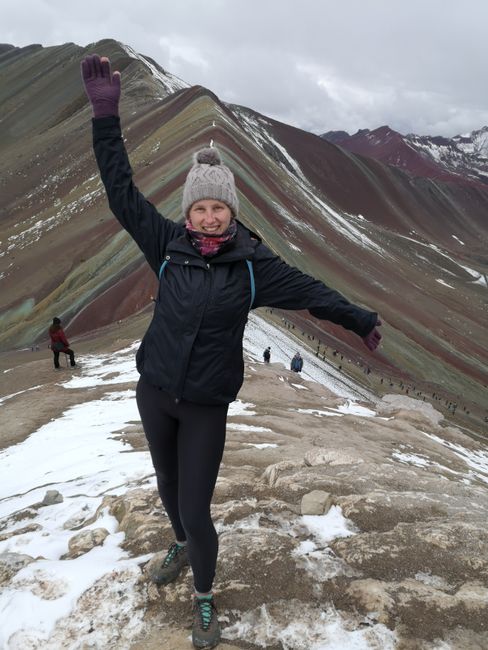Guajira Peninsula🌠🏜️
ຈັດພີມມາ: 03.09.2019
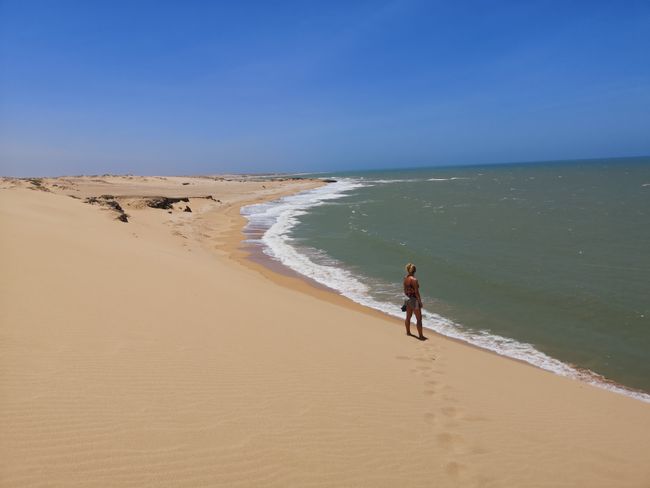
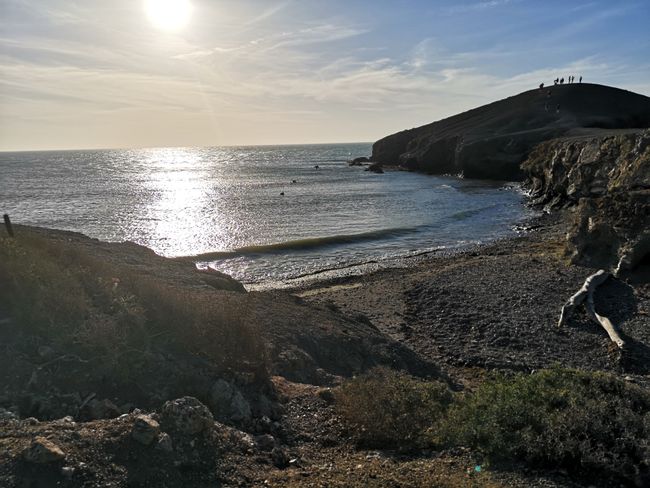
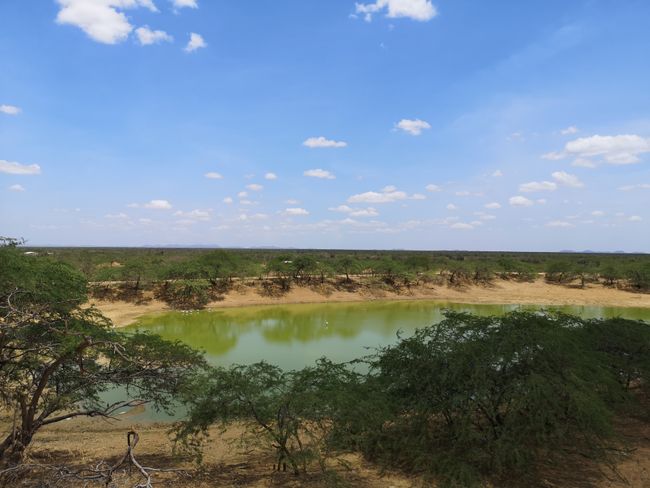
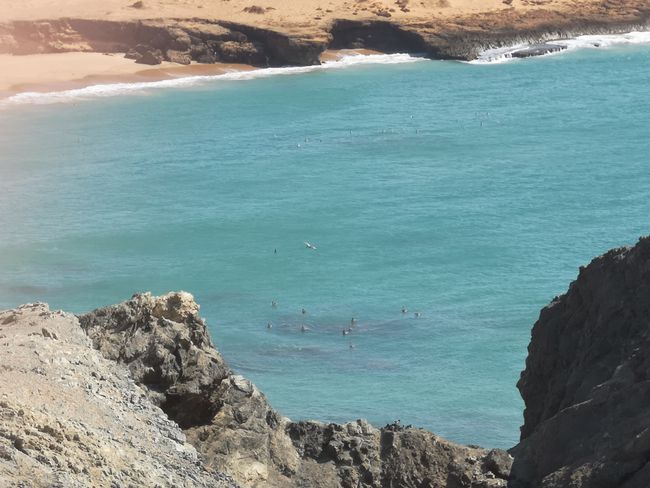
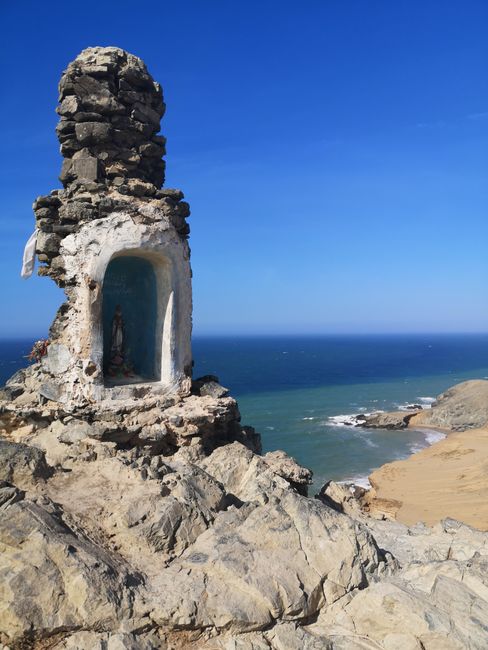
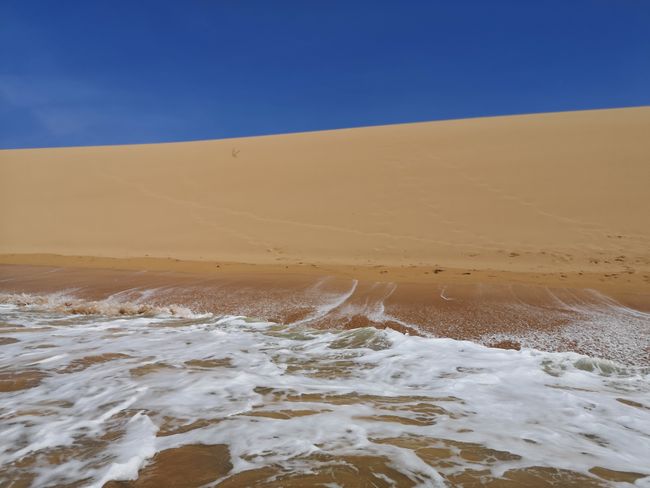
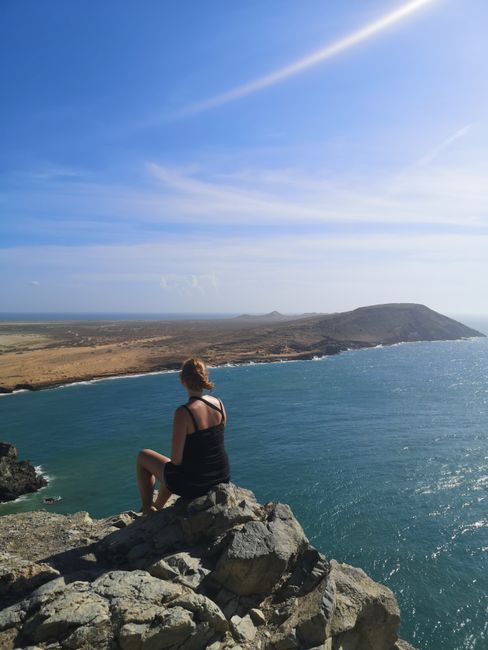
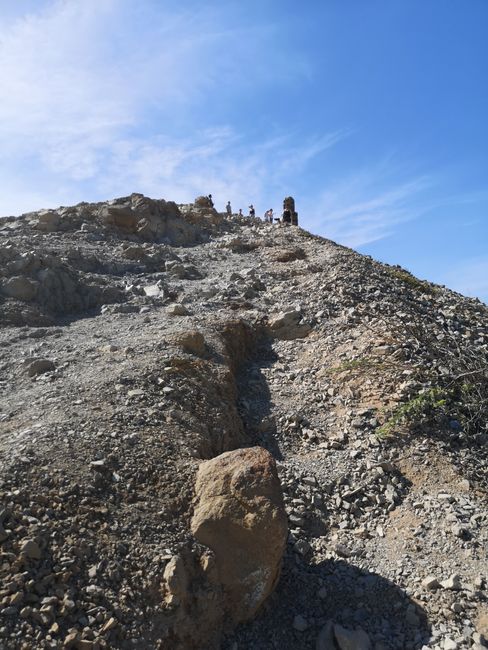
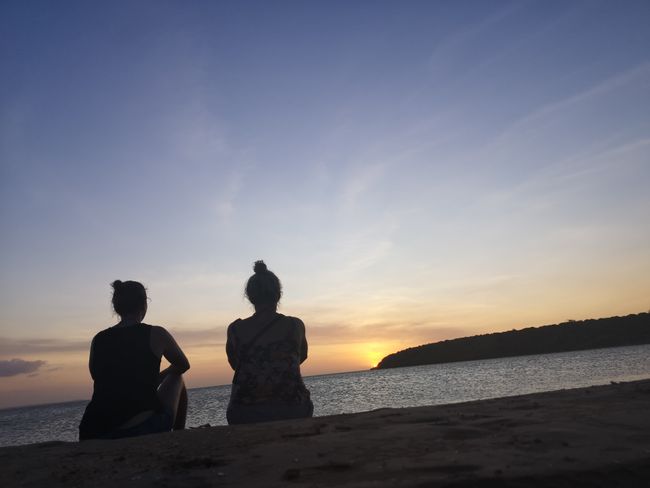
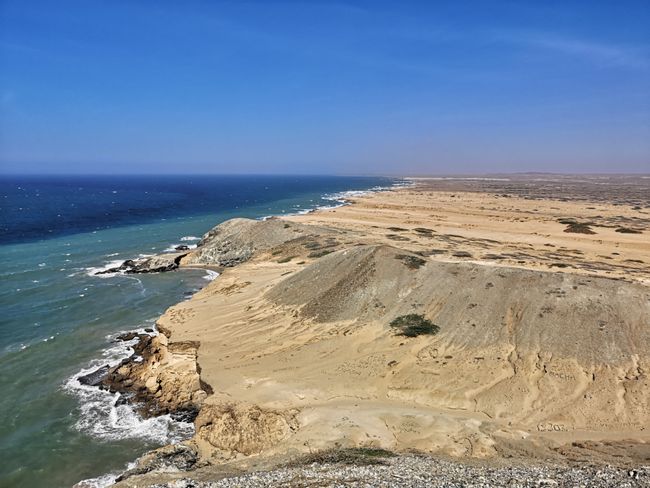
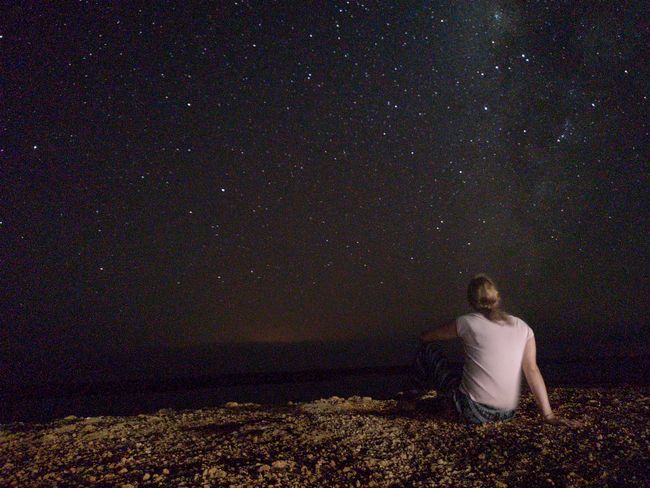
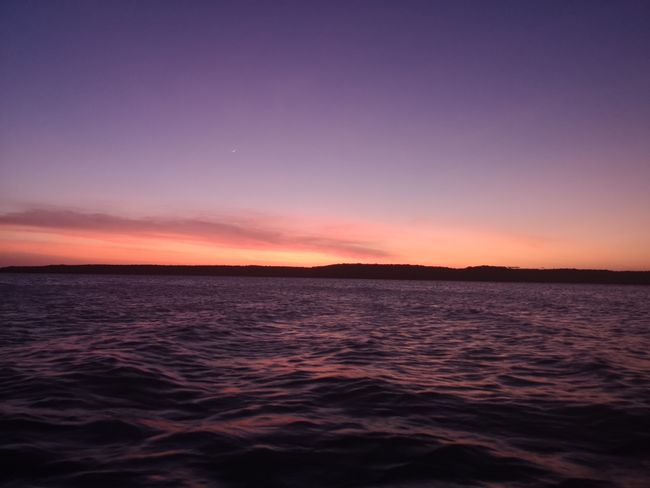
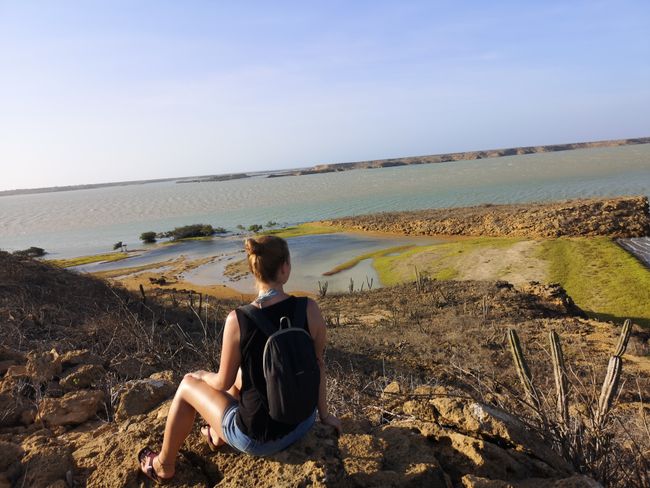
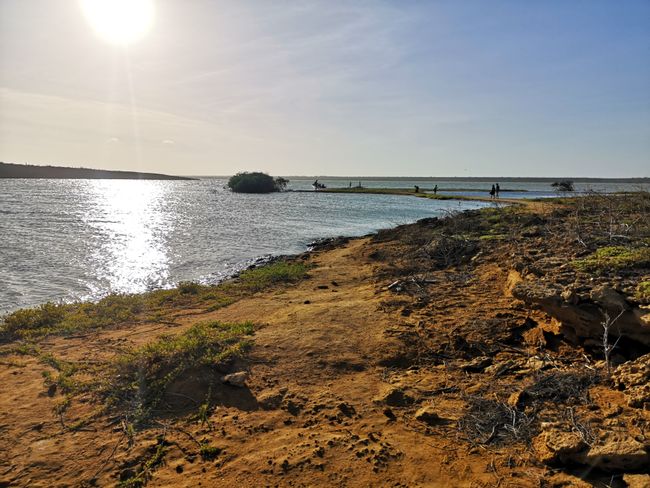
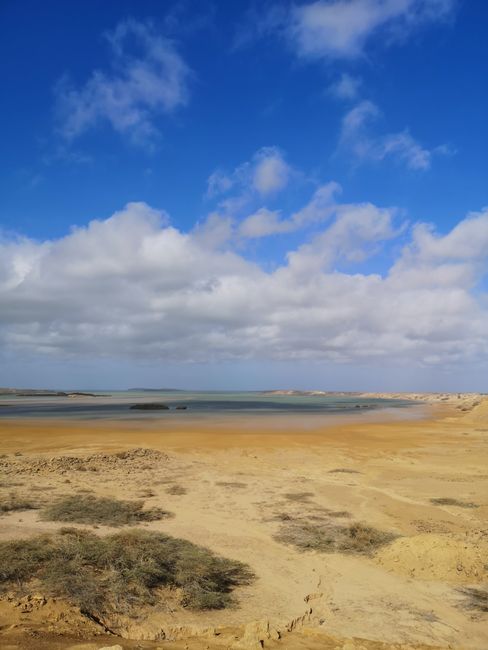
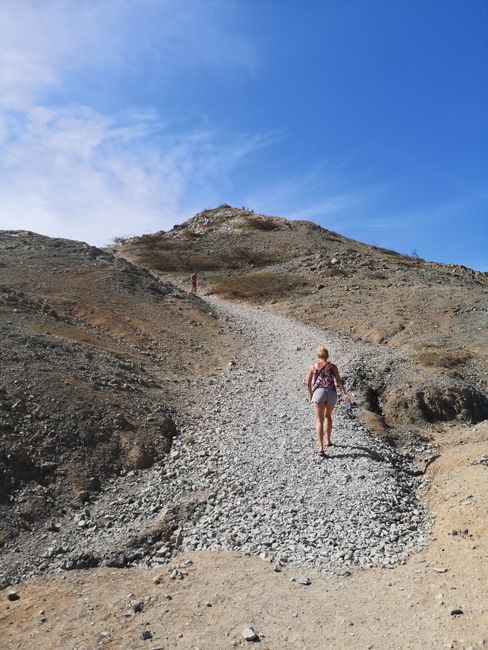
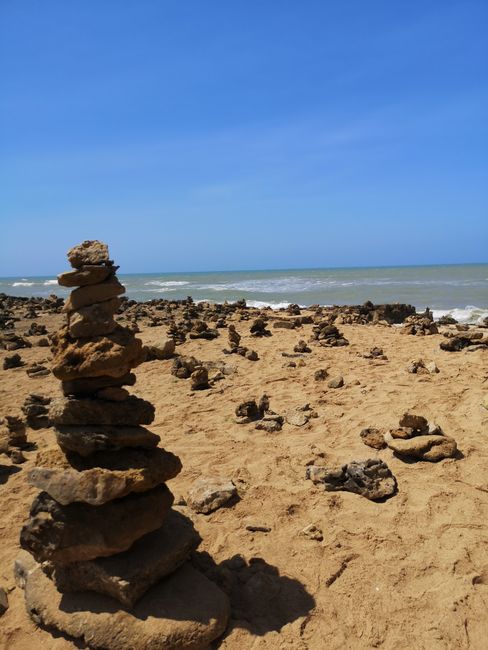
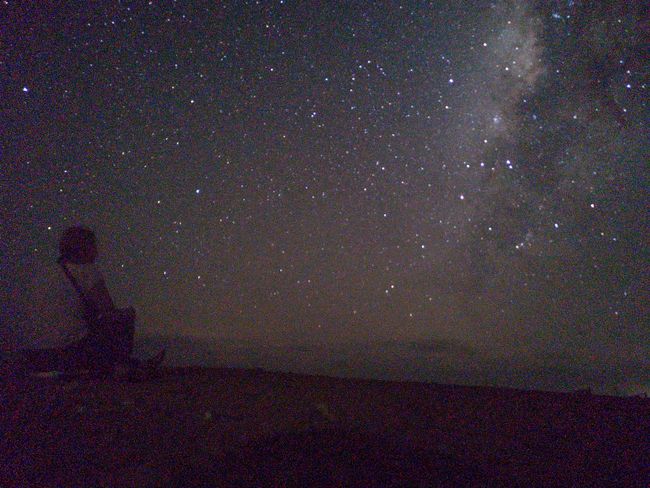
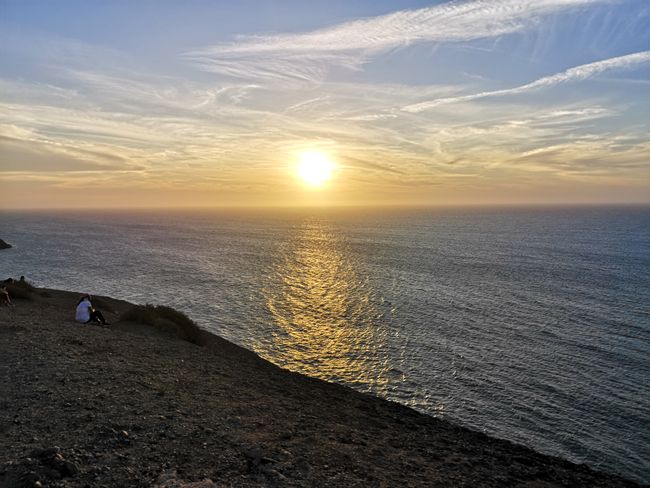
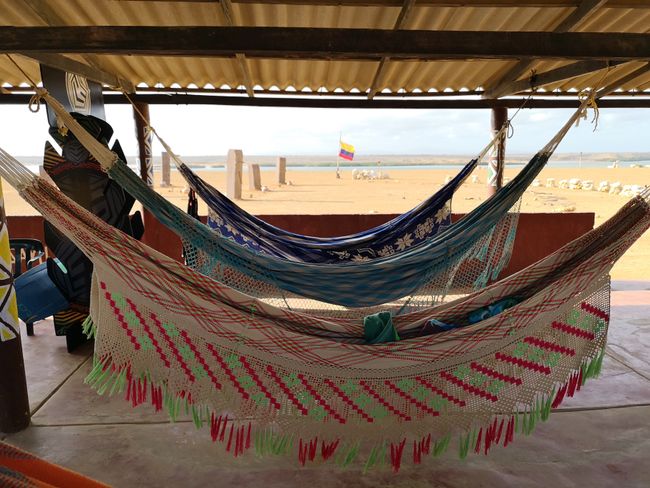
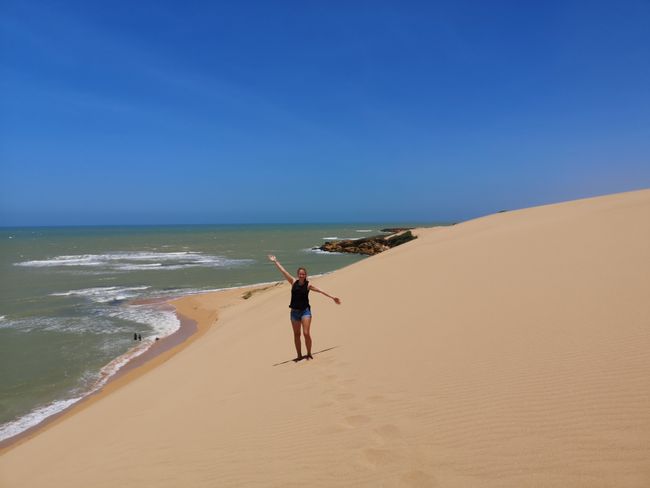
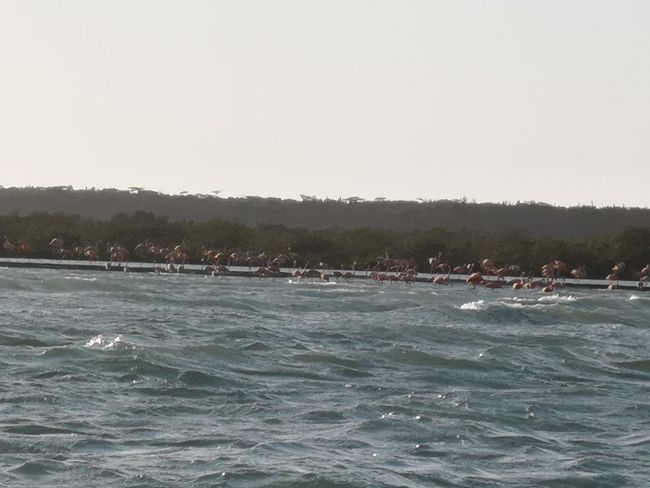
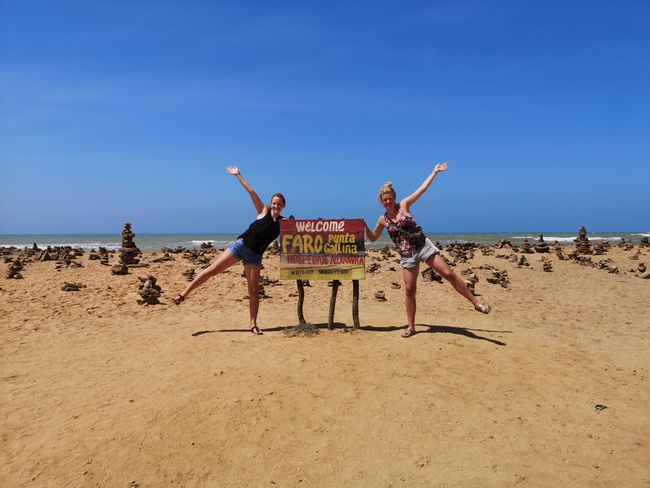
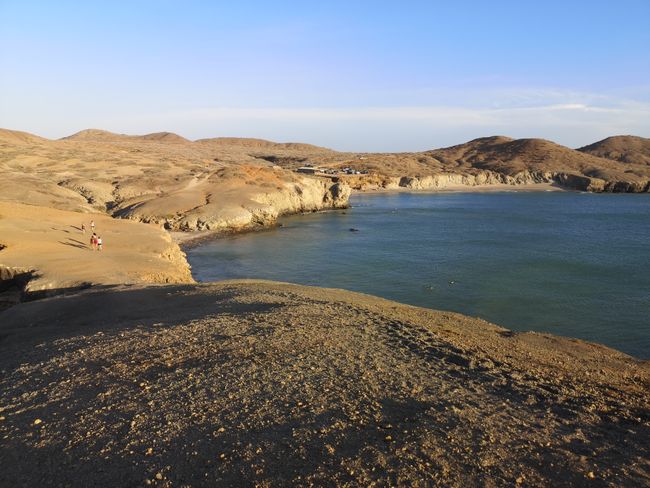
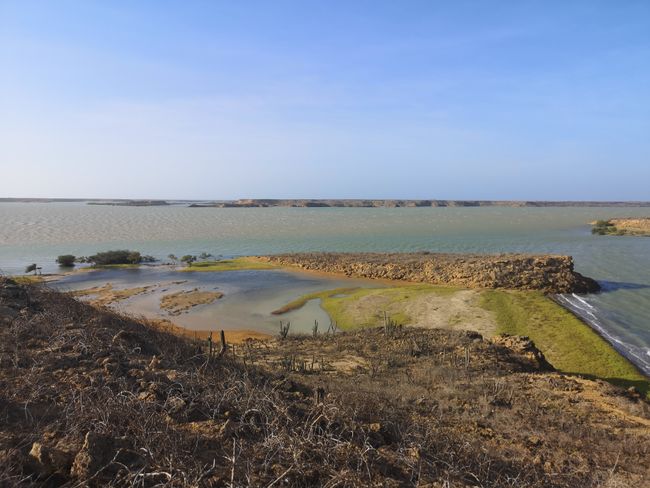
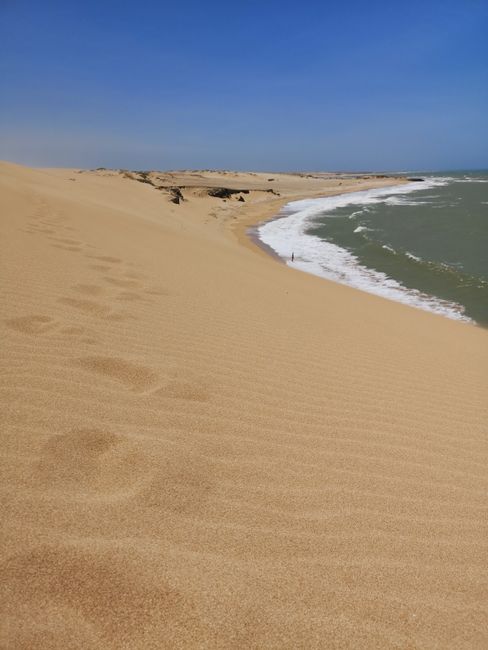
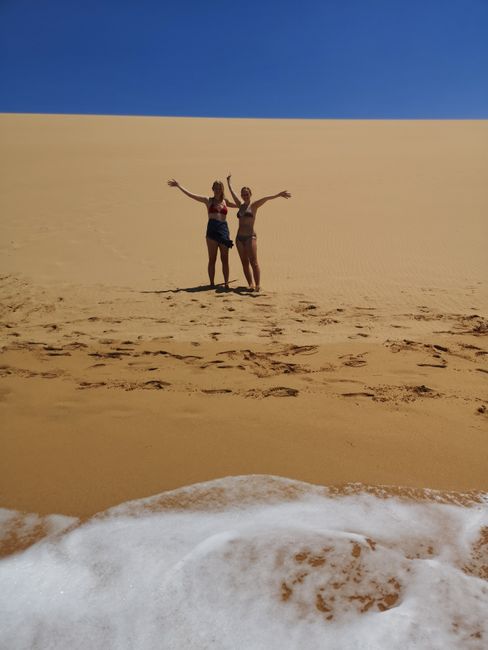
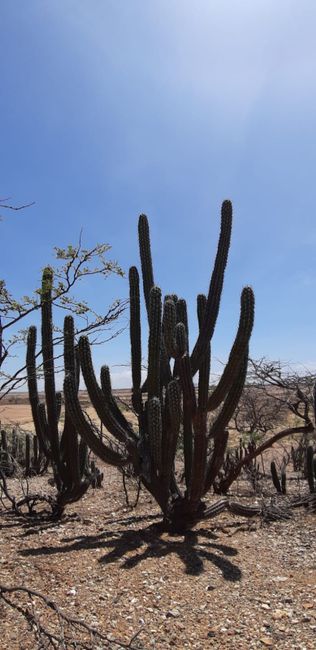
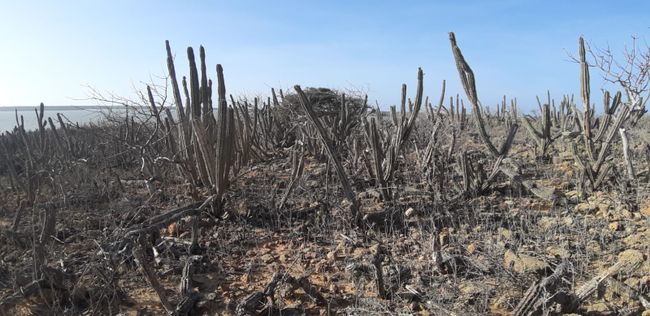
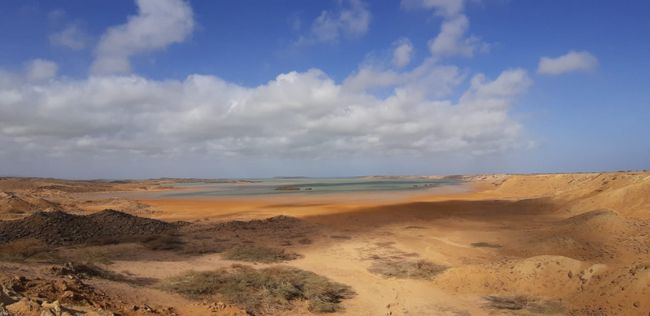
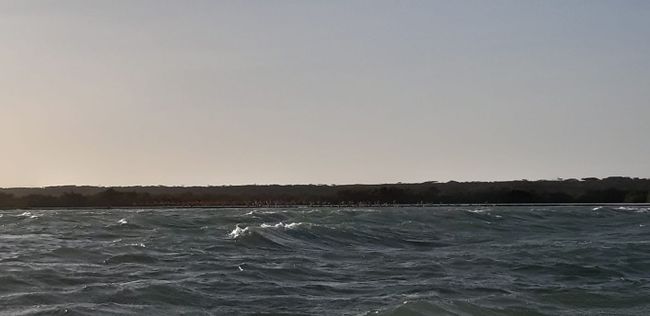
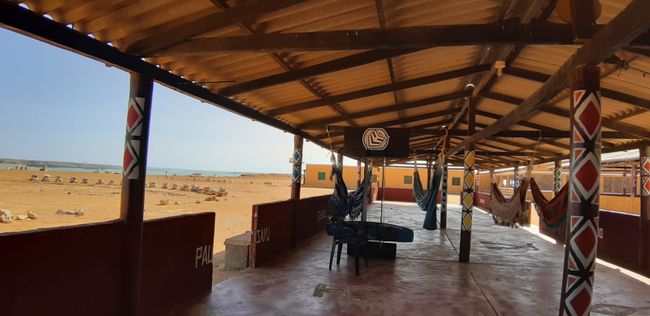
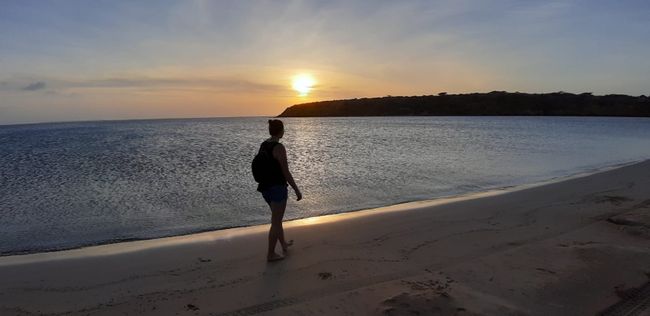
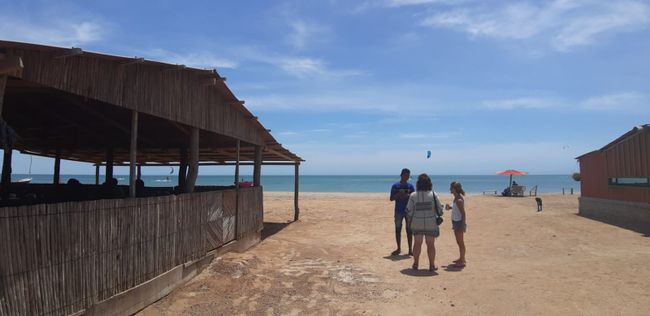
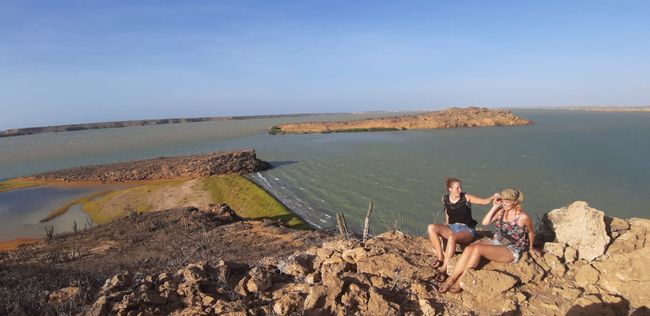
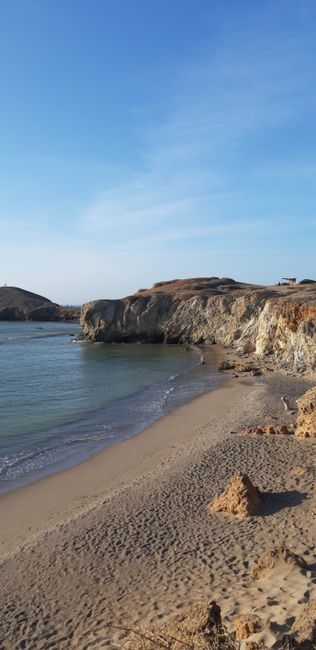
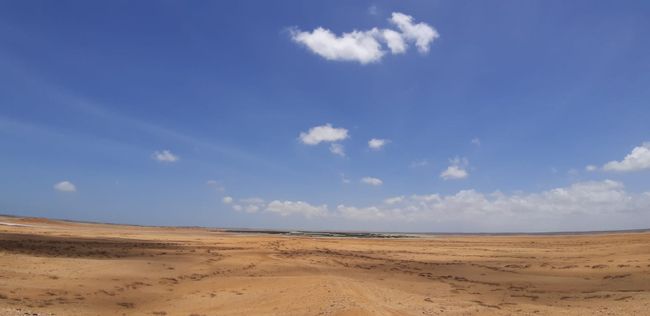
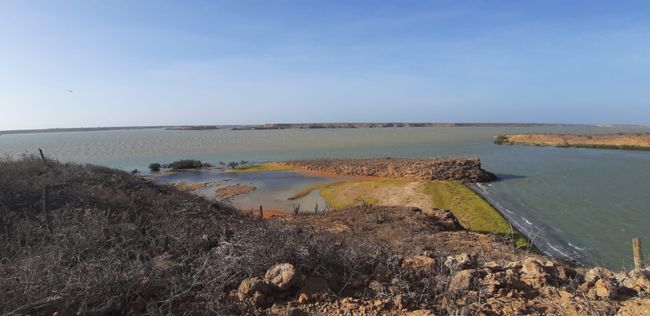
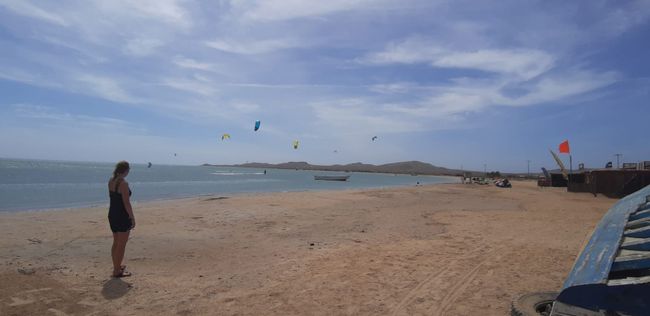
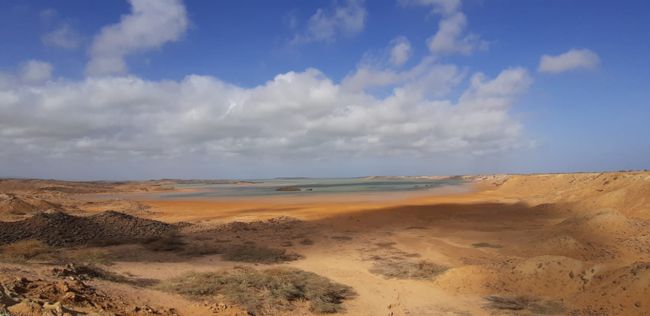
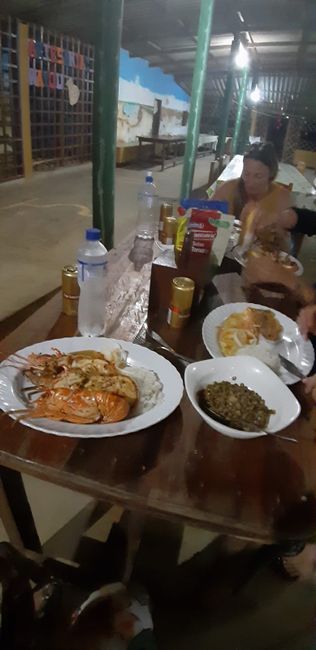
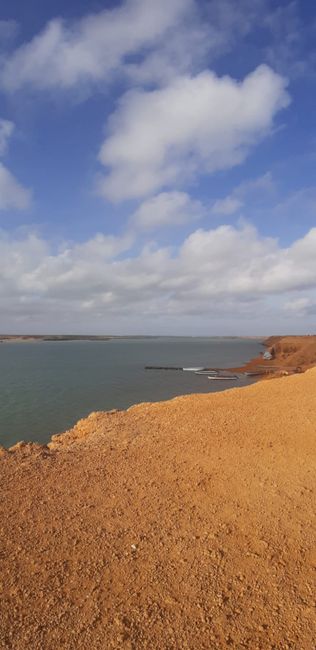
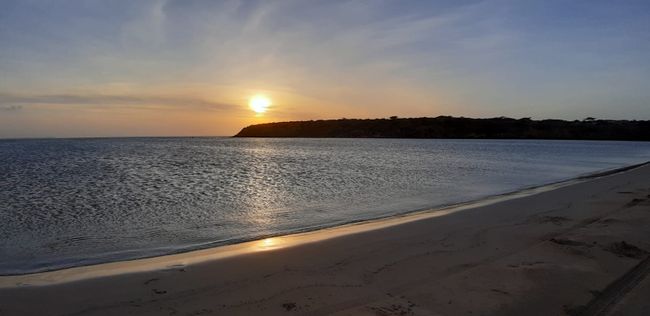
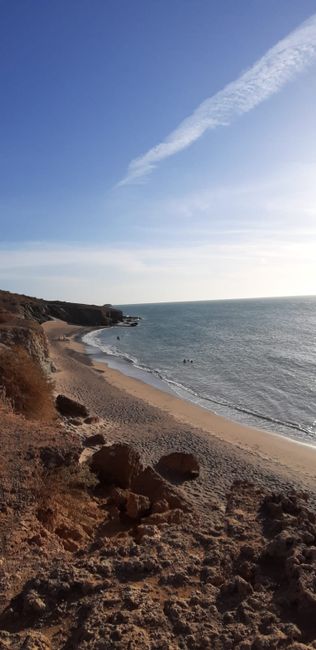
ຈອງຈົດຫມາຍຂ່າວ
The last 3 days Laura and I were on the Guajira Peninsula in northern Colombia with a guide. This region is completely different from what we had seen in Colombia before. A very beautiful landscape consisting of Steppe and desert, but also frightening.. I will tell you why later.
Let's start on the first day. We were picked up at half past four in the morning by a small bus that took us from Santa Marta to Riohacha. The drive was pretty wild and fast because the driver didn't seem to care about right of way rule :D On the way, we picked up a few people, including Verena and Andrea, two super nice girls from Germany who luckily spoke Spanish and did the tour with us :) Both are teachers.. And if you're reading this, please don't be mad at my spelling and punctuation :D
When we arrived in Riohacha, we met our guide, Orlando. He only spoke Spanish, so we were really relieved that the two girls were so nice and translated everything for us. Orlando was actually born on the peninsula, which is really cool, because only the indigenous Wayuu people live there and he is one of them. We also had breakfast in Riohacha, which included scrambled eggs in a pretty orange color and sweet bread with a little mold on the edge :).. Well, let's not be too picky.
After breakfast, we drove towards Uribia. We had read before the tour that there was supposed to be a lot of trash here, but none of us was prepared for such a huge amount of trash. Plastic bags hung in every steppe grass bush, giving the landscape an unnaturally colorful appearance. On the way there, Orlando told us that it looks like this because people don't know that plastic takes much longer to decompose, and he only found out when he became a guide. Really scary, but how should people know if no one tells them.. By now, however, the children in school are probably informed about it. Besides all the trash, there was also something frightening, namely the Wayuu children who blocked the road with barriers made of string and bicycle chains and begged for food and drink. Since Orlando himself belongs to the Wayuu people, we were allowed to continue driving without giving anything until we arrived in the city of Uribia after about an hour and a half. Here, according to Orlando, we should buy water canisters for the next two and a half days and also a few packs of bread, which were not for us, but for the children. We decided to take 4 packs of small milk buns and also packaged 300ml bags of water. Orlando had said that this was not very good, as the water was in plastic bags and we would bring even more plastic into the country, but the people there also need water and not just food.
After that, we continued driving towards Cabo de la Vela, where we spent the first night in hammocks :) on the way there, we passed two stretches of coast and could swim in the turquoise blue sea under the blazing heat and watch the pelicans fishing. We also visited Pilon de azucar de Cabo de la Vela, the sugar loaf of Cabo de la Vela. On the way, we drove through a forest of cacti and also through some barriers set up by the children. We were very grateful that Orlando knew the way so well and ultimately decided who we should give what to, because he didn't actually want to encourage the children to beg, but rather wanted them to go to school. We also learned that the children are not dependent on begging, as the families actually have enough food and drink.
In the evening, we watched the sunset at a lighthouse and then ate together before going to bed or rather falling into the hammock and sleeping :)
The next morning, we left Cabo de la Vela at 7 o'clock and headed north. The drive in general was pretty bumpy because there were no proper roads and we were driving through the steppe and desert :D. Our first stop was at sand dunes that lead directly into the Caribbean Sea and we could also swim there. It was so windy everywhere that the sand was whipping against our legs. After that, we were at Punta Gallinas, the northernmost point of South America :) YEAH! However, we only stayed there for about 10 minutes because then we went to our camp for lunch and a boat ride through a large lagoon to observe flamingos and watch the sunset :) The flamingos were very far away, so unfortunately it wasn't that spectacular..
In the evening, we had lobster for dinner, which Laura and I had never tried before :) it was really delicious :) I think one of the best parts was the starry sky because I had never seen such a beautiful one before :)
The night in the hammocks was not so pleasant for me because apparently I had a sunstroke and the lobster said hello to me again.. But the girls took really good care of me and since Verena and Andrea had cuddled with their toilet the night before the tour, I also had professionals there :) Thanks again :)
The next day, I was feeling only semi well and was allowed to sit in the front seat of the jeep :D Most of the time, we sat in the car on the way back to Riohacha. And we must have waited for 2 hours in the jeep because we had to go through an area that was quite muddy and then other jeeps got stuck and had to be freed first :D We had lunch in Uribia and then a short 'tour' with the jeep past the salt basins.
When we arrived in Roihacha, we all got into the minibus and were taken back to Santa Marta, which took another 3 hours. In the evening, we fell into bed completely exhausted.
All in all, it was a very nice tour with a little culture shock.
Oh and a short update:
After 20 hours of bus travel, we finally arrived in Medellin :)
Hasta pronto
Laura and Chrissie
ຈອງຈົດຫມາຍຂ່າວ
ຄໍາຕອບ
